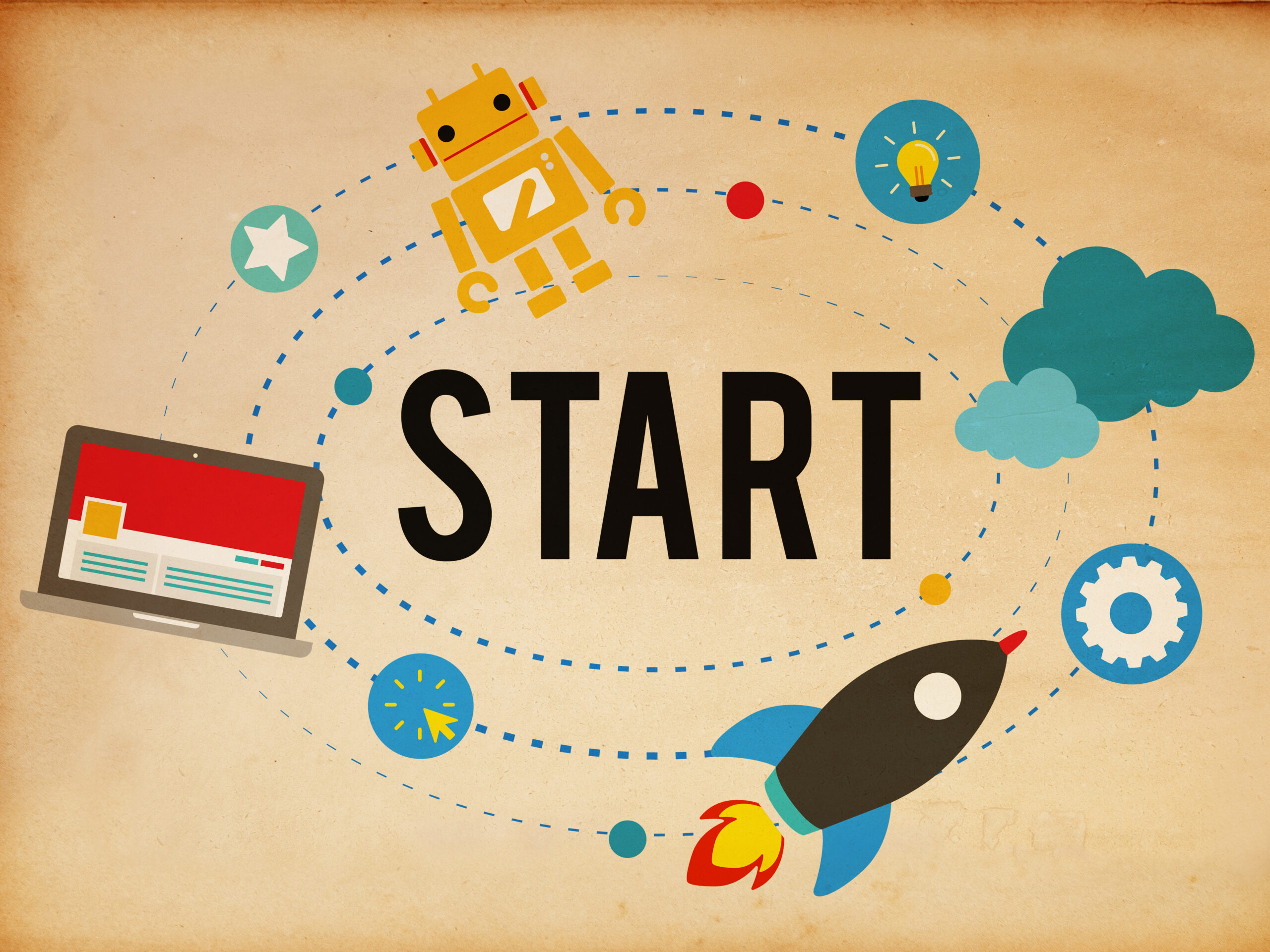Artificial Intelligence (AI) is reshaping the world as we know it, driving innovation in countless industries. From self-driving cars to smart assistants, AI is everywhere. Whether you want to dive into AI for fun or pursue it professionally, this guide will walk you through the basics and help you start your AI journey with confidence.
What Exactly Is AI?
At its core, AI refers to the ability of machines to mimic human intelligence. In other words, it’s about creating systems that can learn and improve over time without needing explicit instructions for every task.
The Different Branches of AI
AI is a vast field with several key areas, each offering unique opportunities:
- Machine Learning (ML): A subset of AI focused on building algorithms that allow computers to learn from data. It’s the engine behind predictive models and decision-making systems.
- Deep Learning: A more specialized area of machine learning that uses artificial neural networks to solve complex problems. Think of it as teaching machines to recognize patterns in data, much like how our brains work.
- Natural Language Processing (NLP): This branch focuses on enabling machines to understand and interact using human language. NLP powers tools like chatbots, translation software, and sentiment analysis systems.
- Generative AI: A fast-growing field where AI creates new content—whether it’s text, images, or even music. Generative AI has become central to innovations in content creation, art, and much more.
Why Python Is Your Go-To Programming Language
If you’re serious about learning AI, you’ll want to get comfortable with Python. Its simplicity, coupled with an abundance of AI and machine learning libraries (like TensorFlow, PyTorch, and scikit-learn), makes it the perfect choice for beginners and experts alike.
Starting Your AI Journey
To make your learning process smoother, follow this structured approach:
- Learn Python: Start by mastering Python since it’s the primary language used in AI development. Free courses on platforms like Coursera, Udemy, and edX are great resources.
- Master AI Fundamentals: Get a solid understanding of core AI concepts—like the different types of machine learning (supervised, unsupervised, and reinforcement learning).
- Dive into Machine Learning: Focus on learning about ML algorithms and how machines learn from data. Familiarize yourself with concepts like classification, regression, and clustering.
- Explore Deep Learning: Once you’re comfortable with machine learning, dive into deep learning. Learn about neural networks and how they can be used to solve more complex problems.
- Work on AI Projects: Theory is important, but hands-on experience is crucial. Apply your knowledge by building AI projects. This could be anything from creating a simple chatbot to developing a machine learning model for image recognition.
- Use AI Tools: AI frameworks like TensorFlow, PyTorch, and scikit-learn simplify the development process. Start experimenting with these to make your workflow smoother.
Engage with the AI Community
AI is a collaborative field, and there’s a vibrant community of learners and professionals you can connect with. Whether through forums, social media, or AI events, engaging with the community helps you stay updated and motivated.
AI in the Business World
AI isn’t just for tech enthusiasts. Its practical applications are transforming industries. From predictive analytics in retail to AI-driven automation in manufacturing, businesses are using AI to solve real-world problems. Understanding how AI can create value in a business context will give you a competitive edge.
Building a Career in AI
As you gain more experience, you may want to explore career options in AI. Here are some of the most sought-after roles:
- Machine Learning Engineer: These engineers develop algorithms that allow machines to learn from data and make decisions. They work on everything from recommendation engines to fraud detection systems.
- Data Scientist: Data scientists use statistical methods and machine learning to analyze large datasets and extract insights. This is a high-demand role that overlaps with AI.
- AI Engineer: AI engineers focus on developing and fine-tuning AI algorithms. They are responsible for designing the intelligent systems behind many of today’s cutting-edge technologies.
Don’t Rush—AI is a Marathon, Not a Sprint
If you’re just starting out, don’t get overwhelmed. AI is a complex field, but like any other discipline, it can be learned with time and patience. Start with the basics, build a strong foundation, and gradually move into more advanced areas.
The Ever-Evolving World of AI
AI is advancing rapidly, with new research and technologies emerging all the time. Staying updated with the latest trends is key to growing your expertise. Subscribe to AI newsletters, follow industry leaders on social media, and keep experimenting with new tools and techniques.
Conclusion
Artificial Intelligence offers a world of exciting possibilities, and your journey into AI begins with a single step—learning the fundamentals. Whether you’re interested in machine learning, deep learning, or data science, there’s no better time to dive in.
With a solid grasp of Python and a commitment to continuous learning, you can master AI and contribute to this transformative field. Join the AI community, engage with real-world projects, and enjoy the ride—AI is shaping the future, and you can be part of it.
